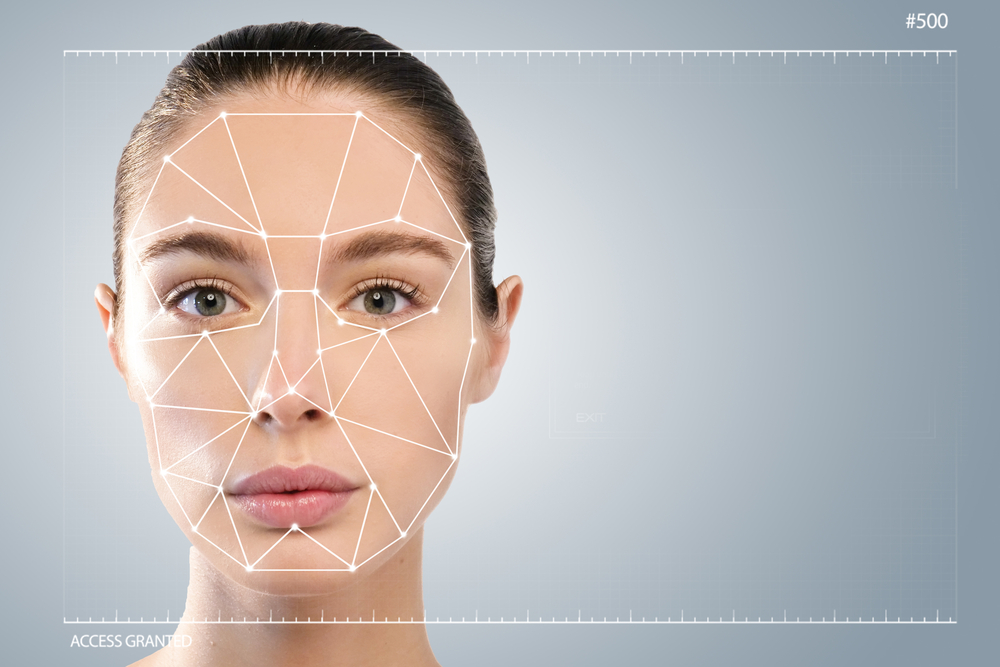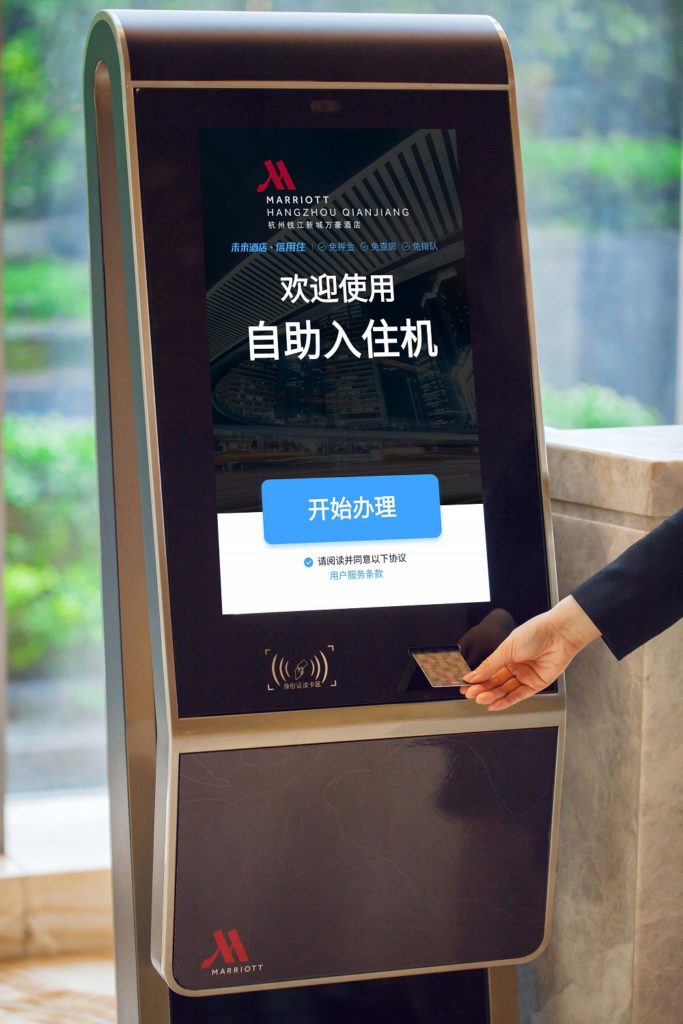Alibaba and Marriott International introduce facial recognition check-ins in China
With this, check-in process could be completed in less than a minute
Contributors are not employed, compensated or governed by TDM, opinions and statements are from the contributor directly

With the vision of redefining the future of travel, Alibaba Group and Marriott International have begun testing out facial recognition technology at two hotels in China.
A mutually beneficial partnership that was founded in August 2017, the joint venture between Alibaba Group and Marriott International aims to innovate digital travel service. To continually elevate the travel experience, the partners announced that it’s spearheading Marriott’s facial recognition check-in pilot with Fliggy, Alibaba’s travel service platform.
Using Fliggy’s facial recognition technology and Marriott’s hospitality insights, the pilot will kick off from July 2018 at two Marriott International properties in China – Hangzhou Marriott Hotel Qianjiang and Sanya Marriott Hotel Dadonghai Bay. This is just the beginning of the joint venture’s plans on a global rollout, set to position the hospitality company as a pioneer in the ‘seamless check-in experience’.
“With technology, our hotel associates can work more efficiently”
Henry Lee, COO and managing director of Marriott International Greater China and board member of the joint venture, commented: “We are excited to partner with the joint venture yet again to offer an innovative and convenient check-in alternative for Chinese travellers. Marriott International has a track record of embracing cutting-edge technology to create memorable experiences for guests. With technology, our hotel associates can work more efficiently to do what they do best – delivering personalised service to our guests.”
Efficiency through technology
According to Marriott, the traditional hotel check-in process takes about 3 minutes and even more during peak hours. But with the adoption of facial recognition technology, the check-in process could be completed in less than a minute.
The guests simply need to scan their IDs, take a photo, and input contact details on a self-help kiosk. And after the device confirms identities and verifies booking information, it disperses the room key cards.
A study by the partnership showed that facial recognition check-in improves operational efficiencies. Furthermore, market research revealed that Chinese travellers have shown a strong interest in new technologies in hotels with over 60% showing their preference for facial recognition technology.


Comments are closed.